6 Foods to Eat to Help Prevent the Flu
May 30 2019When it seems as if everyone around you is coming down with a nasty case of the flu, you know you’ve got to help give your body the best chance at warding off illness. Of course, you’ll be practicing good hand-washing habits, you got your flu shot earlier in the year, and you’re focusing on rest and relaxation. Those are all critical to your health. But don’t forget about your kitchen. It holds some surprising flu-prevention power.
Some foods directly stimulate your immune system, but you should also aim to reduce the bites that bring it down. “Real foods will allow your immune system to function properly,” says Chris D’Adamo, PhD, director of research at the Center for Integrative Medicine at the University of Maryland School of Medicine. The main takeaway: Reduce your intake of processed foods as much as possible, especially during cold and flu season.
After limiting processed picks, start focusing on foods that will give your immunity a boost. Here are six that experts eat to stay healthy themselves. Even better: They’re delicious and are probably already some of your favourites. Here’s to a (hopefully) flu-free season.
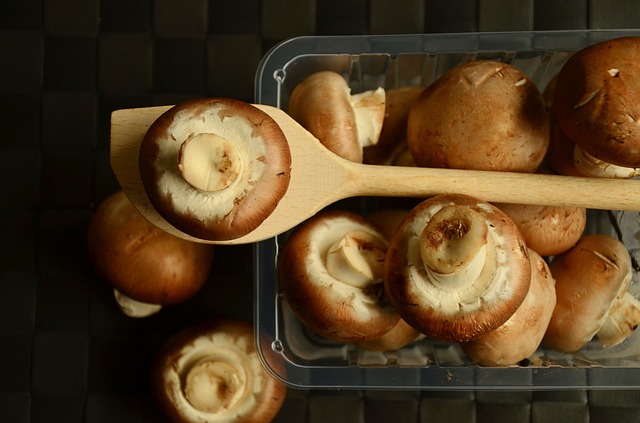
Mushrooms
Consider this winter the time for ‘shrooms. “There is scientific evidence that mushrooms have antiviral properties that can help strengthen your body against the flu virus,” says D’Adamo. That’s thought to be at least partly thanks to a type of carbohydrate they contain called glucans. Because each mushroom offers something a little different, optimise the immune-boosting benefits by incorporating a variety into your dishes, like shiitake, white button, and maitake.
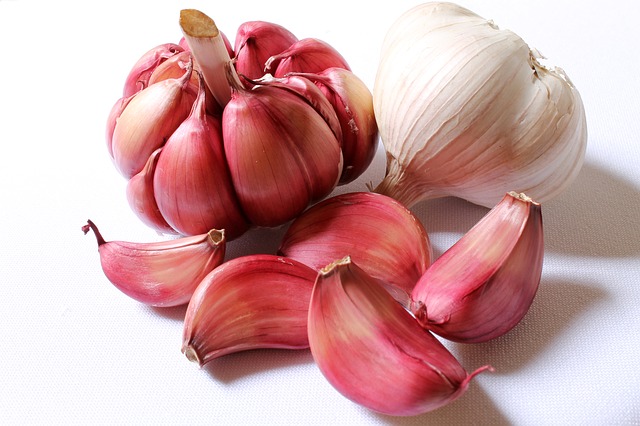
Garlic
Load up on members of the allium family, like garlic, onions, shallots, and chives. “Garlic has been shown to reduce the severity of cold and flu symptoms by increasing the activity of natural killer cells,” says D’Adamo. Similarly, he says, onions have properties that increase white blood cell counts, essential in fighting off pathogens. D’Adamo’s favourite way to eat them? As a sauté with mushrooms. You’ll get a double bang for your flu-fighting buck.
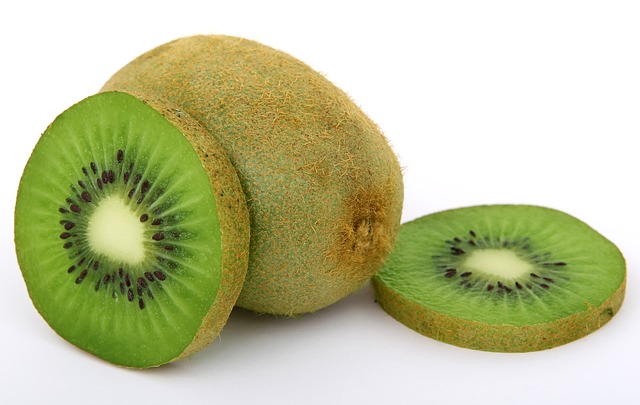
Kiwi
Vitamin C has a reputation as a flu-fighting nutrient for a reason: There’s some research to indicate that the vitamin can shorten the duration of cold systems and help prevent illness in people who exercise, D’Adamo points out. So often we reach for orange juice to shore up immunity. Instead, reach for the actual fruit, advises Charlotte Hammond, integrative registered dietitian of Eating with Ease. One cup of orange sections contains 160% of your daily need for vitamin C; a cup of grapefruit offers 120%. However, a cup of kiwi blows citrus out of the water, with 273% of your daily value of C.
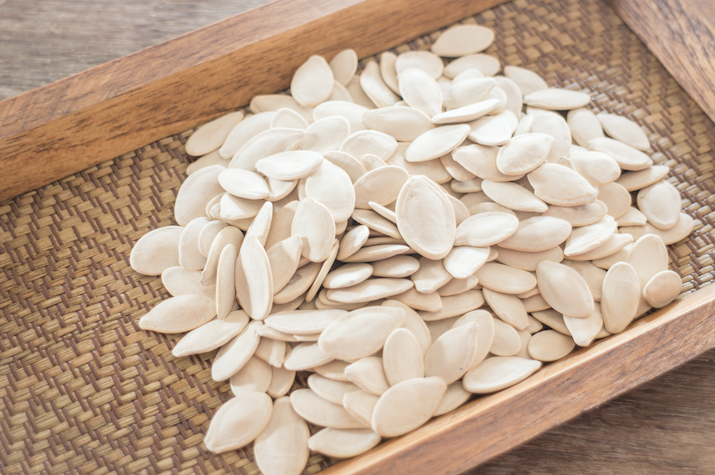
Pumpkin seeds
While it’s important to maximise your body’s zinc levels throughout the year, you should top them off when you want to ward off a little something coming on. “Zinc is essential when you need to kick an invader out,” says Hammond. Pumpkin seeds are one of the best vegetarian sources of the mineral; sunflower seeds or sunflower seed butter are other good options–and some of Hammond’s favourites, she says. Sunflower seeds are also an excellent source of vitamin E, another nutrient that supports immunity.
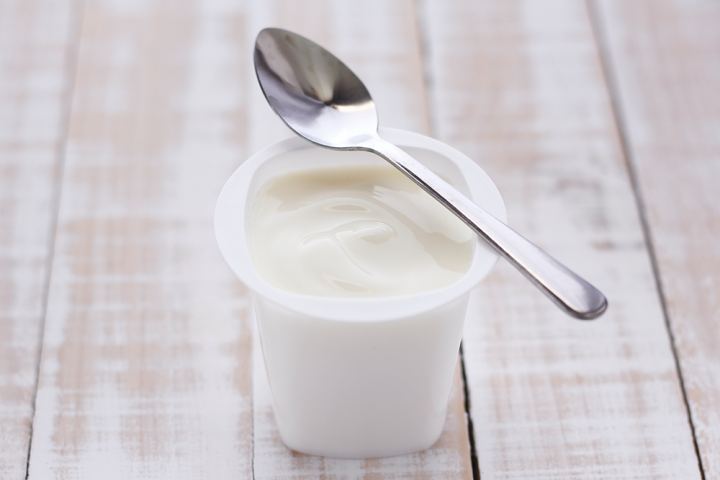
Plain yogurt
You knew your morning parfait was doing your body good—but also know that it’s helping your body boost its defences against viruses, says D’Adamo. Fermented foods like yogurt contain probiotics that have been shown to shore up the activity of natural killer cells, per 2017 research published in the journal Nutrients. Just make sure you go for unsweetened varieties.Other options if you don’t do dairy: kombucha, old-fashioned sauerkraut, and kimchi, he says.

Water
Hydrated is the way to be. “Water is important for every physiological process in your body,” says D’Adamo. When dehydrated, your body simply can’t put up its dukes against illness like it should. Water is best, followed by unsweetened tea if you need something with a little flavour. Sipping it when thirsty and with meals will net you the amount you need.
—
Sourced from Health.com






